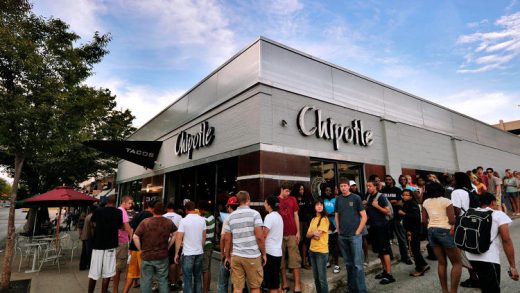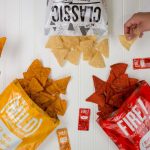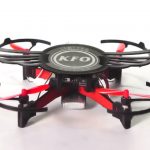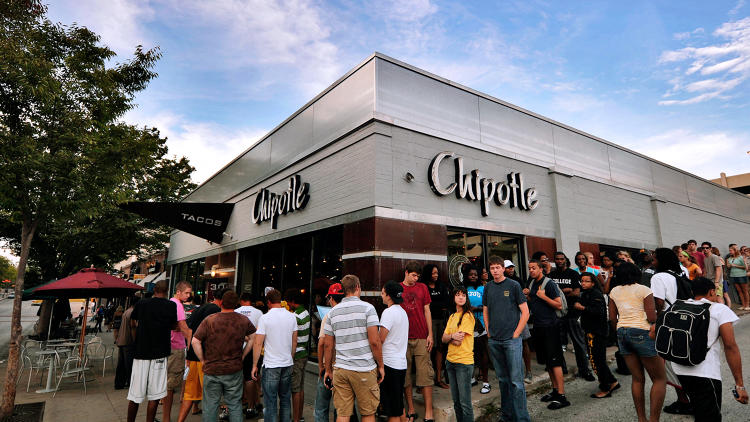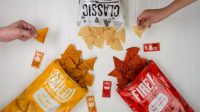Slideshow: Which Chain Could Be The Next Chipotle?
When Steve Ells started the first Chipotle restaurant in 1993 in Denver, at the former site of a Dolly Madison ice cream parlor, the 28-year-old Colorado native couldn’t imagine that his take on a Mission-style burrito joint would one day upend the fast-food world. Ells wasn’t a businessman with a particular acumen for scaling operations; he was a chef who put his heart into every onion he sliced, every pork shoulder he braised, and every meal he served. In the early days, he didn’t even think to write down Chipotle’s recipes on paper: He’d verbally convey them to all new hires, working shoulder to shoulder with them over pots and pans and cutting boards as they learned what made this restaurant unique compared with conventional, automated chains like McDonald’s and Taco Bell.
Back then, the concept of “fast casual” didn’t even exist. But as Chipotle blossomed over the past two decades, growing from a single storefront to more than 2,000 locations, so has its premium model of serving fresh, responsibly sourced ingredients in a refined dining environment. Since a series of food-safety incidents diminished Chipotle’s customer base and its luster in the last 12 months—the subject of our special investigation on the company—it’s worth taking stock of how radically the industry has transformed since Ells arrived on the scene. Consumers will no longer settle for any dated roadside eatery or cheap-looking chain; their tastebuds now elevated and their expectations higher, they’re increasingly spending their dollars with brands that claim devotion to a higher calling—what Ells refers to as Food With Integrity. “Steve is a force: He invented the whole fast-casual thing,” says restaurant consultant Kenny Lao. “Every [new client of mine] always says they want to be the Chipotle of X.”
Walk around the corner from Chipotle’s downtown Denver headquarters, and you can witness this revolution firsthand. On 16th Street, a popular pedestrian mall in the Mile High City, you’ll find a mecca of refreshing fast-casual upstarts, all just a Yelp search away from Chipotle’s own area location. There’s Noodles & Company and Tokyo Joe’s; Smashburger and Larkburger; Garbanzo Mediterranean Grill; Green Fine Salad Co. and Mad Greens; Juice Kitchen and Modern Market, among many others. Chain restaurants are quintessentially American, and entrepreneurs have been inspired by the likes of Ells. They’re also in the fashion business, and for a long time, Chipotle set the trend for others to put their own twist on.
In this slideshow, we’ve complied a list of some of the more promising fast-casual brands that have popped up around the world. This is neither a comprehensive list, nor is it an endorsement or ranking of chains that we believe will grow to be as successful and culturally impactful as Chipotle. But they represent the disruption Ells has brought to our food system—not to mention the wildly improved and expanded offerings we now all have for lunch, typical fast-food chains be damned.
“It’s great, isn’t it?” Ells tells me when I ask what this increased competition means for Chipotle. “Certainly we’re not going to feed everyone, every single meal. Other people are going to have to do that too. But wouldn’t it be great if the public had more access to really good quality raw ingredients?”
culinary style, theatrical but efficient service, and responsible food sourcing have become widely imitated. In the wake of Chipotle’s foodborne-illness crisis, diners and investors are wondering, who’s next?
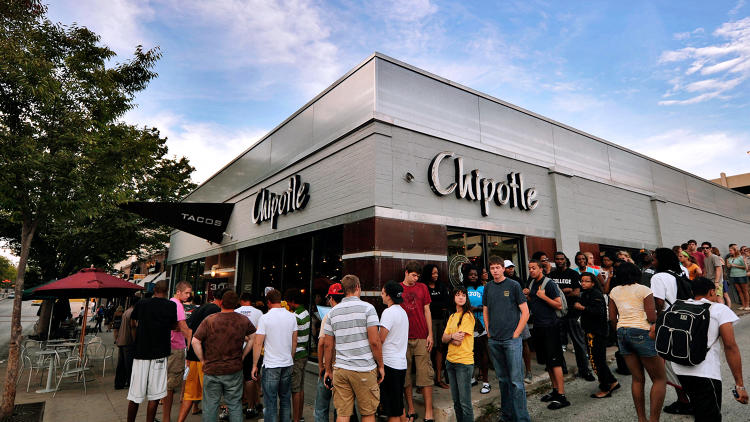
salad-and-bowl concept relies on 250 local farms, which has won its chef fans in David Chang and Dan Barber. It plans to have 100 restaurants in 2017.
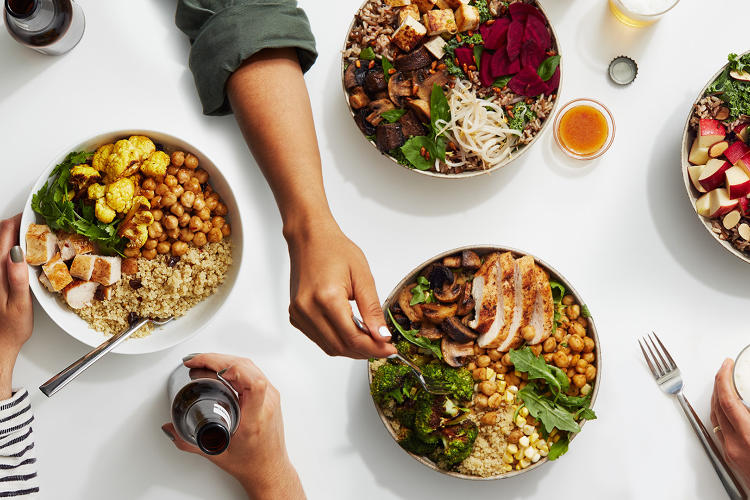
fresh, “eat better” ethos translates into dishes such as its Mad Molly Brown Salad for diners in Colorado, Utah, Texas, and Arizona.
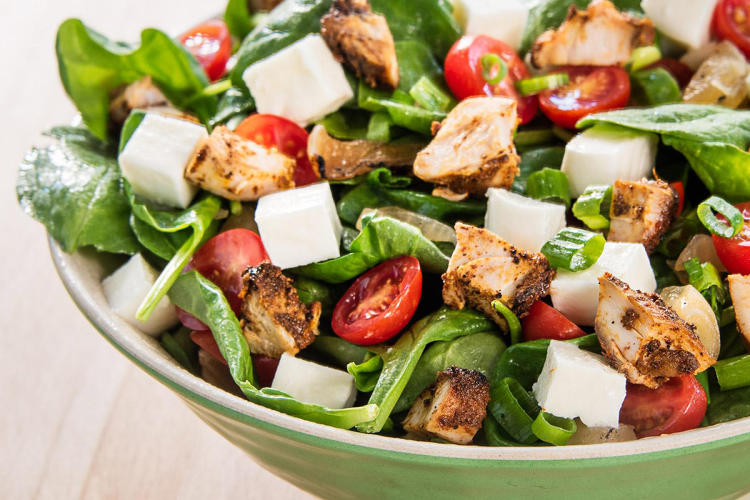
rapid-fire, personalized pies (ready in three minutes) have translated into rapid growth and LeBron James leaving McDonald’s to back Blaze.
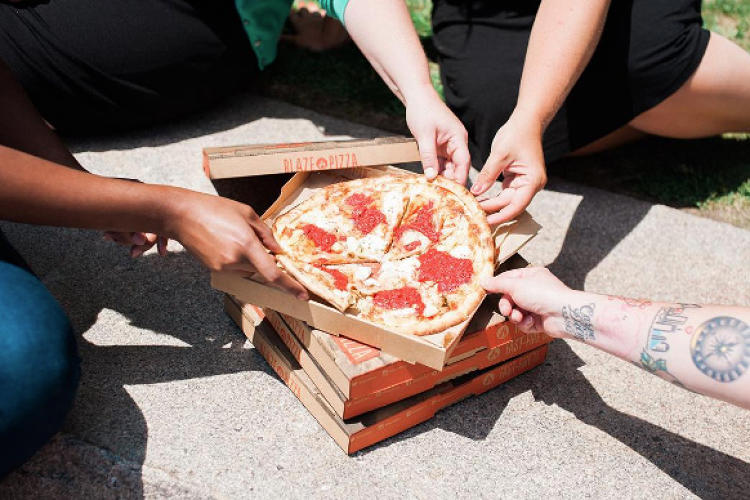
founded by Starbucks veterans, lets diners add any toppings for the same price and has a growing reputation for being an employee-friendly workplace.
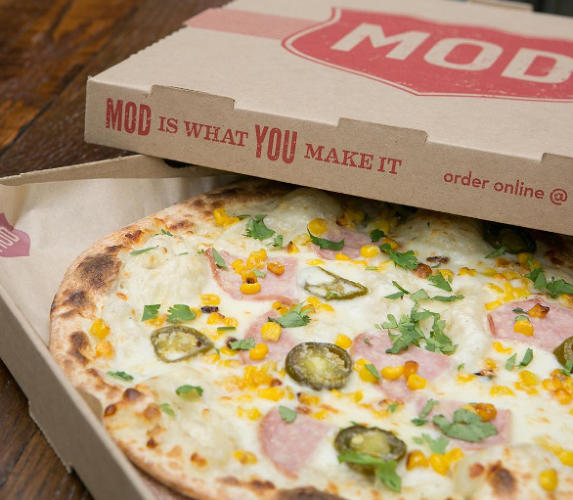
is star chef Jose Andres’s bowl concept where vegetables take center stage and meat is an accoutrement. Five locations in the Mid-Atlantic region.
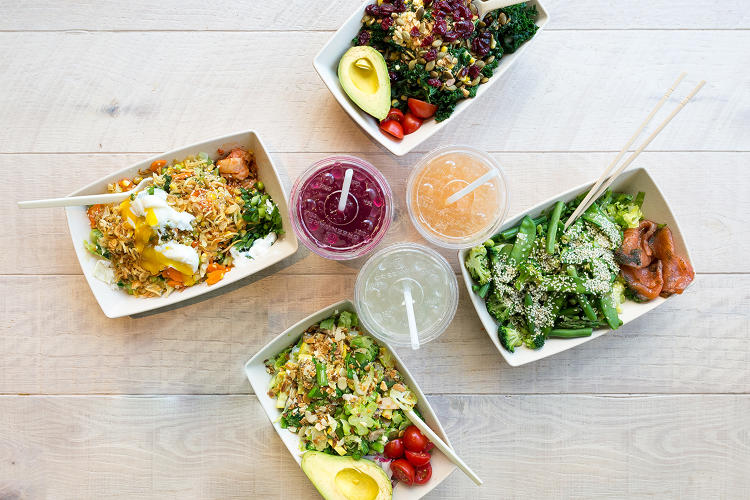
modern take on burgers, fries, and shakes promises meat seasoned and cooked to order and upscale touches like rosemary fries in almost 400 locations.
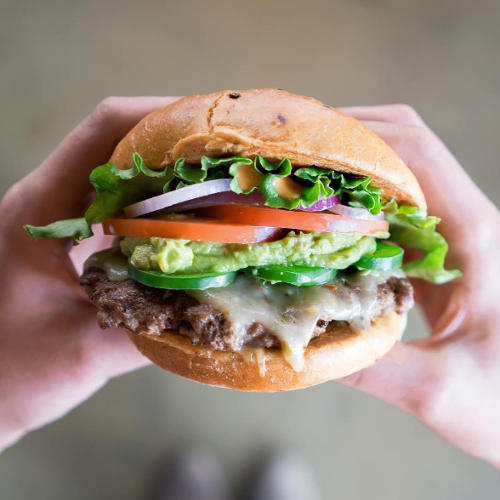
the Mediterranean-inspired eatery, has grown to more than 140 locations, with offerings from Greek-style salads to hummus-stuffed pitas.
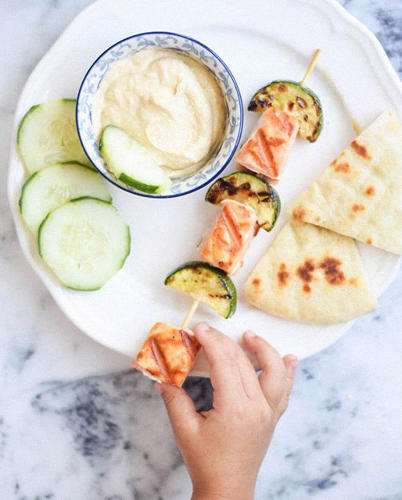
prides itself, of course, on its bread, baked daily, with more than a dozen styles, from papilla chili rye to its sesame paysanne baguette.
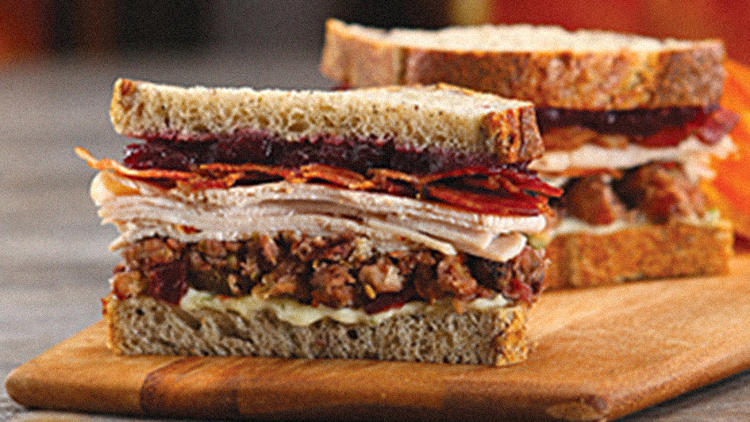
Danny Meyer’s slick burger concept featuring its famous ShackBurger and crinkle-cut fries, went public last year.
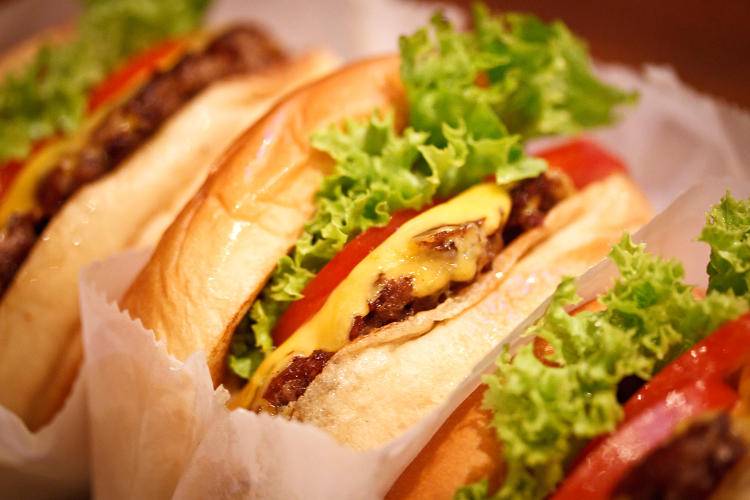
follows a similar ethos and menu as Chipotle (with the exception of its crisped quesadillas).
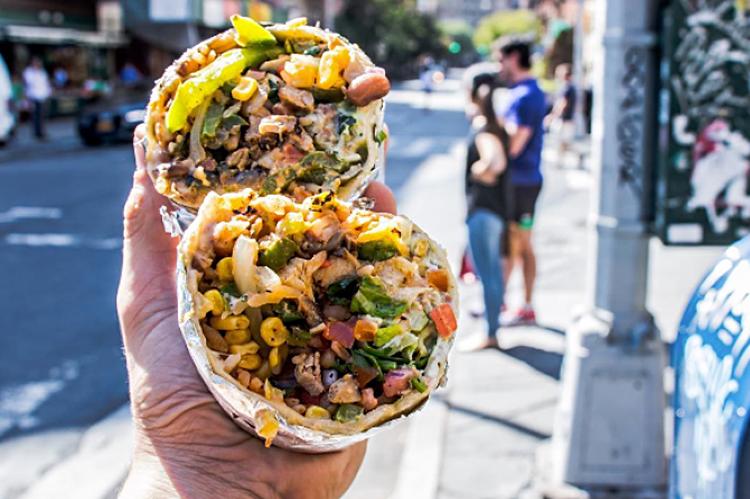
the salad and wrap company, was founded in 2001 and quickly became known for its unique, seasonal salad concoctions and twists on old classics.
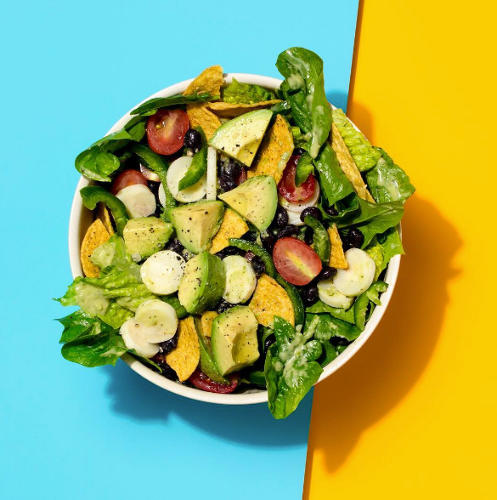
the Mediterranean chain, has become known for its grain bowls and a line of dips and spreads.
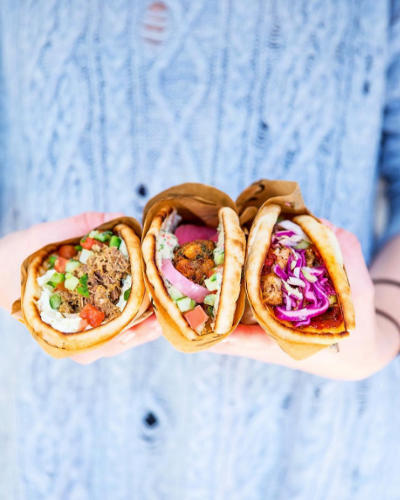
only boasts eight locations, but its Cambodian-style sandwiches have won raves with customers.
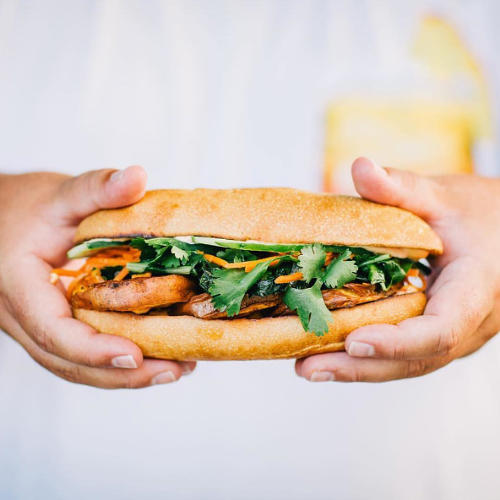
opened its first restaurant in 2009 in Boulder, Colorado, serving healthy, artisanal food, including a tasty breakfast menu featuring cage-free eggs.
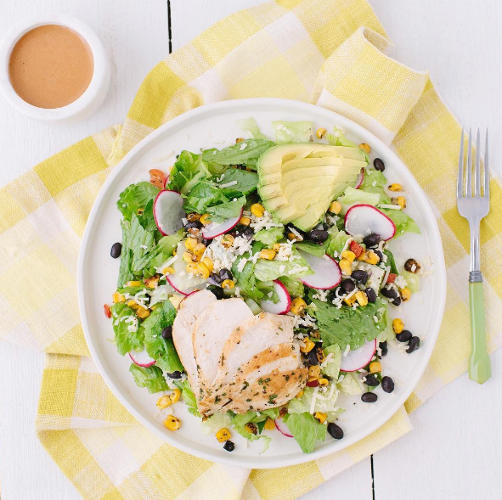
glazed pork belly buns, vegetable potstickers, and, of course, its spicy Mongolian beef baos are hard to resist.
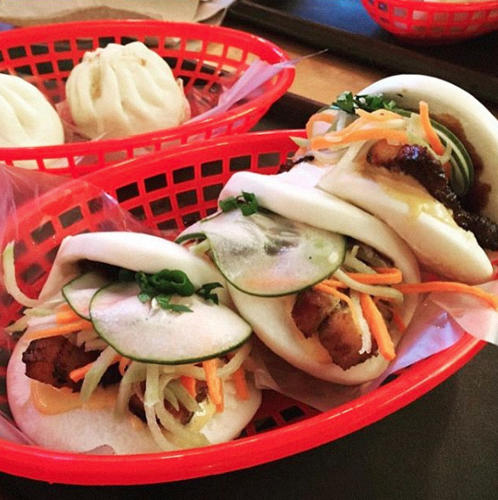
is another promising entrant in the “Chipotle of Pizza” sweepstakes, with more than 40 locations and the recent addition of “double dough” pies.
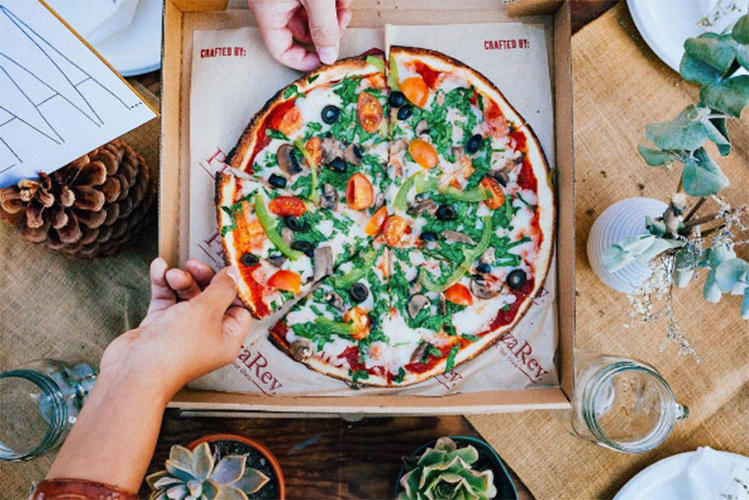
the Italian gelateria, boasts a strong following in New York and Los Angeles, and dozens of stores worldwide including in Dubai, Hong Kong, and Paris.
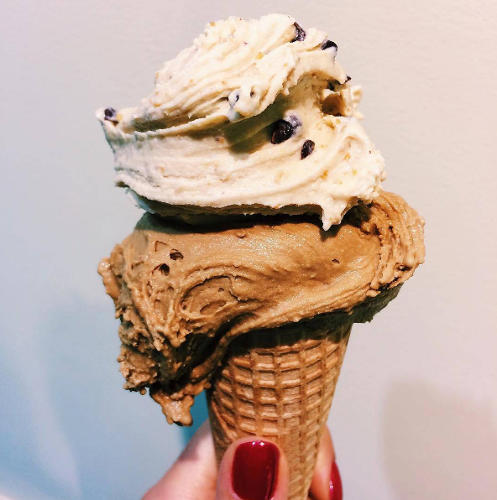
sandwich reputation started with roasting fresh turkeys overnight and those values now extend to housemade meatballs, roast beef, and tuna.
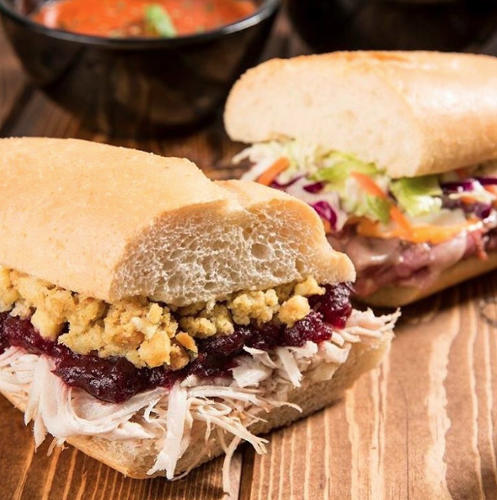
sunny vibe well reflects its California-inspired menu. Last year, it hit sales of $36 million, up 40%.

is beloved in college towns across Texas, Oklahoma, and Colorado for its “damn good” chef-y combos and secret menu.
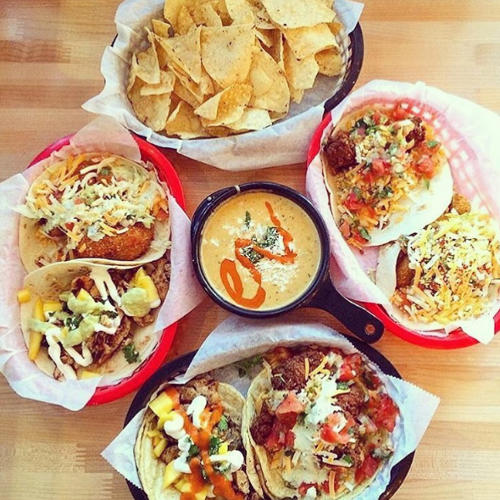
features a Taco Bell-style menu (Big Freak’n Taco, anyone?) with Chipotle-style fresh ingredients and in-store cooking.
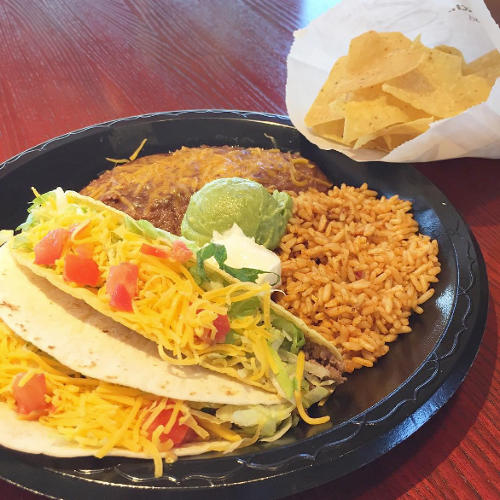
serves BBQ brisket and pulled pork by the pound along with growlers of beer, helping its hometown New York City develop a barbeque identity.
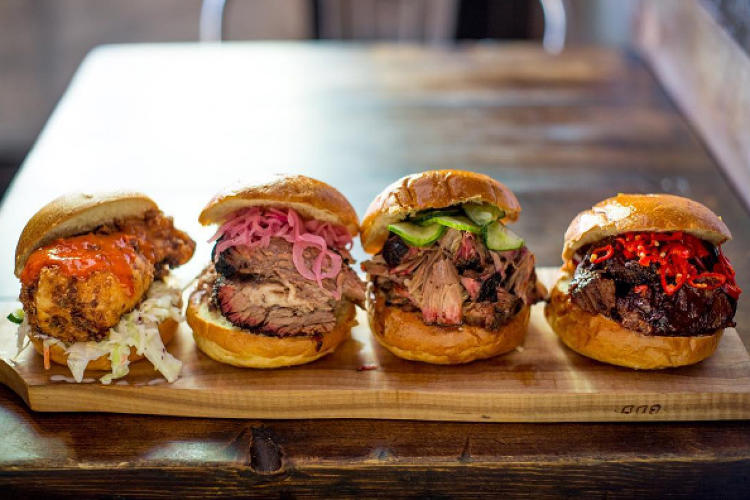
keeps it simple with its burgers, salads, and sides for its current audience of Colorado faithful.
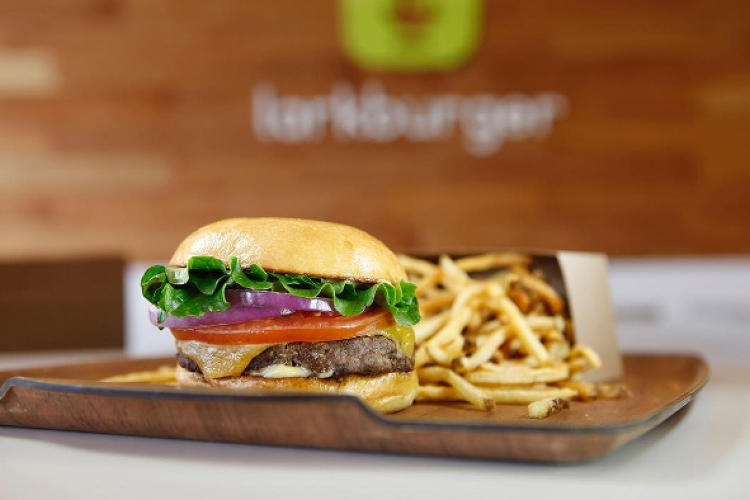
sells Indian-style flatbread wraps with marinated meat, chana masala, and paneer cheese—an Indian burrito, if you will—in New York and London.
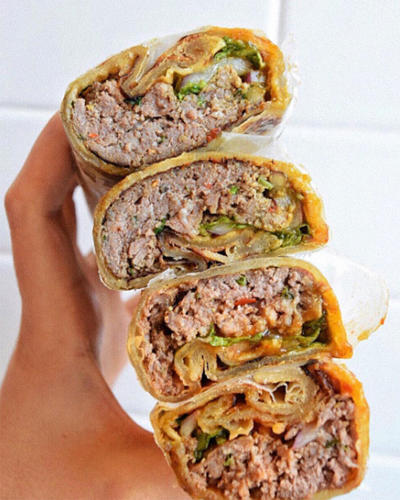
delivers a healthy Mediterranean concept with sustainably raised grilled meats, organic chickpeas, and even cave-harvested sea salt.
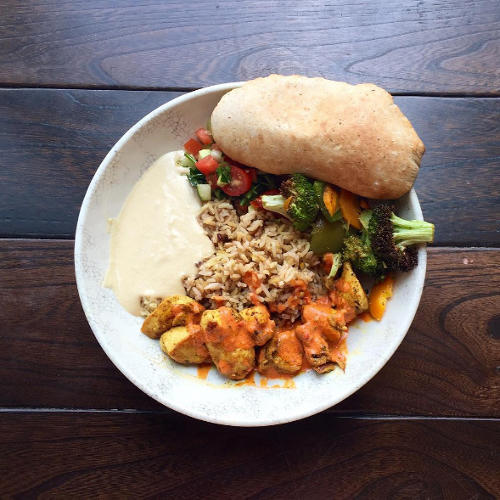
caters to paleo and Whole 30 eaters; last year it offered its Commit program of three weeks of meals to help diners meet their fitness goals.
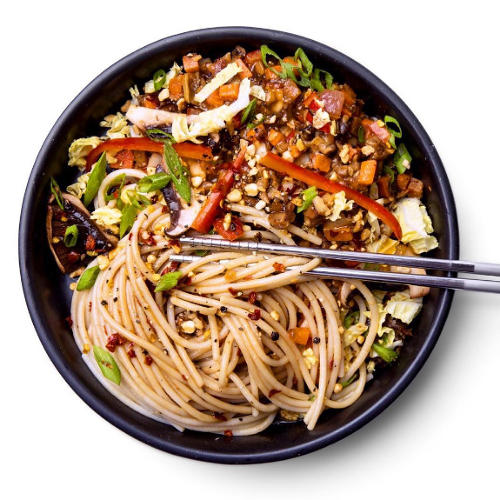
is a U.K.-based bar and grill that lives up to its name with burgers topped with Jack Daniel’s butter onions (plus Jagermeister ripple ice cream).
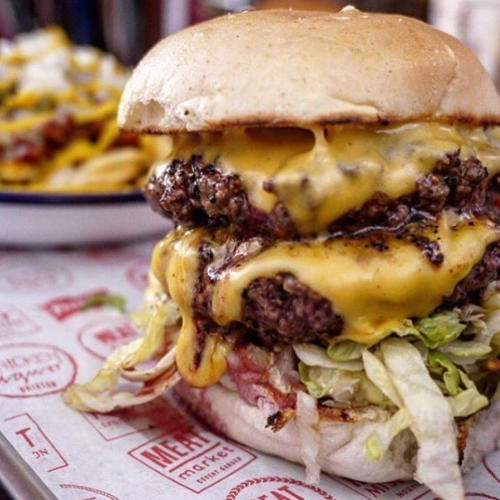
Korean fried chicken boasts an international presence in Asia and the Middle East and has expanded greatly in the U.S. since its 2002 launch.
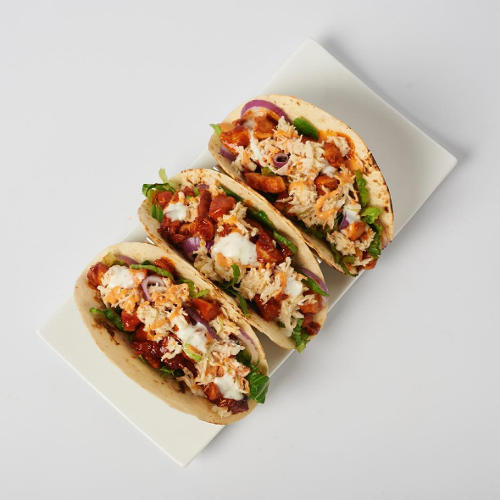
Southern menu features chicken and waffles, wings, breaded chicken tenders, and dessert served in mason jars and stuffed with fruit and whipped cream.
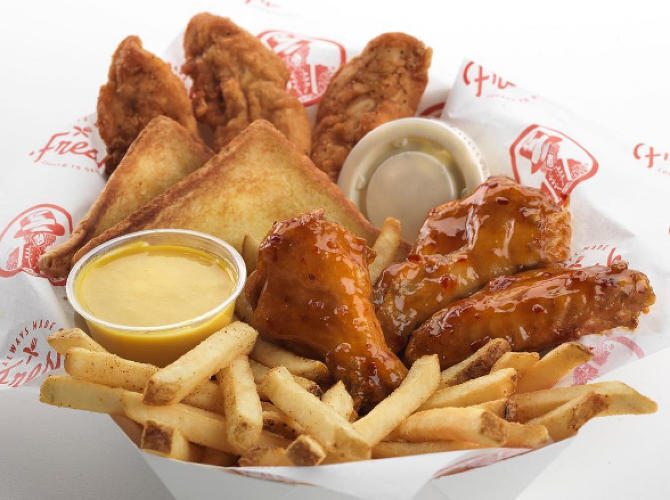
storefronts offer bottles of (ultra-expensive) fresh-veggie blends, as well as subscription juice packages and $129 three-day cleanse boxes.
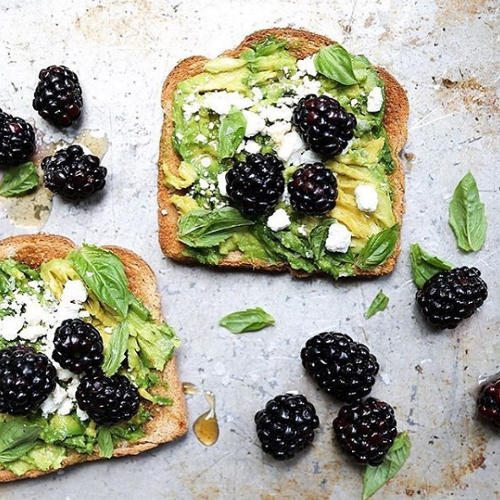
Fast Company , Read Full Story
(49)

